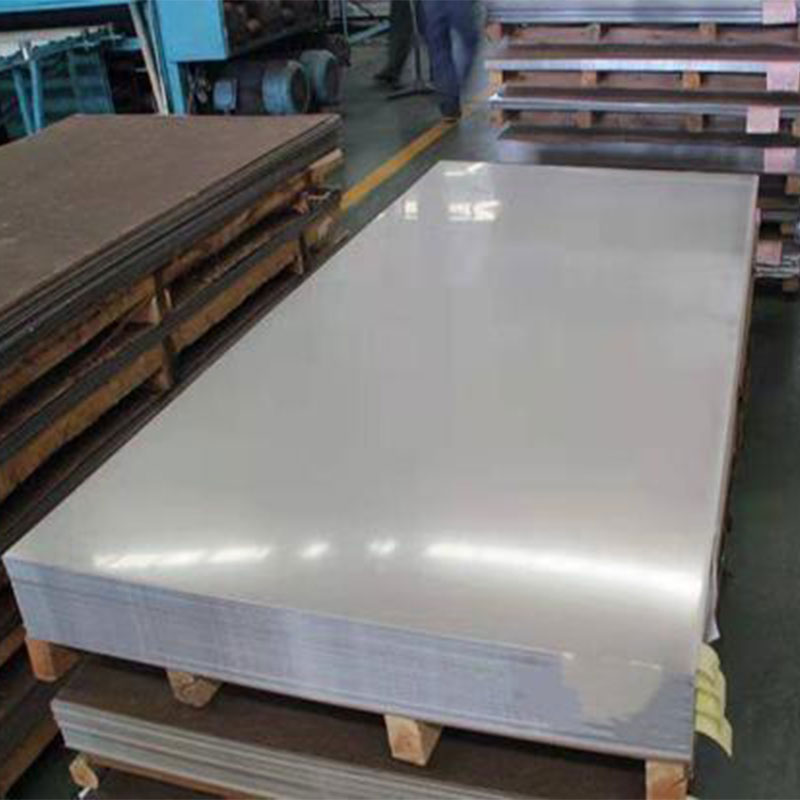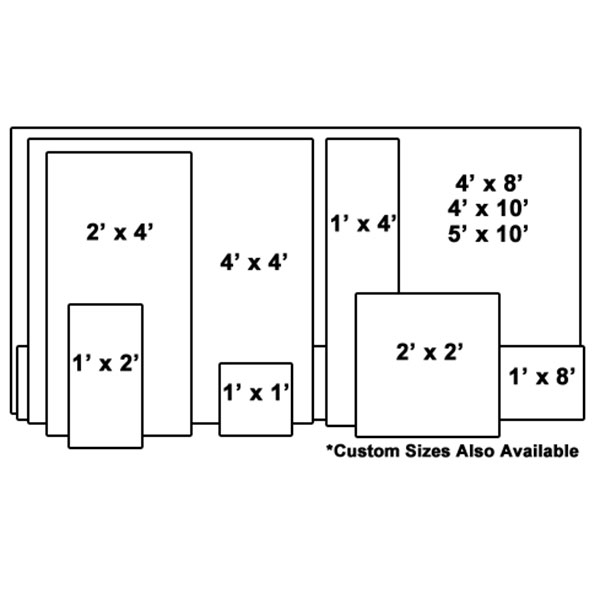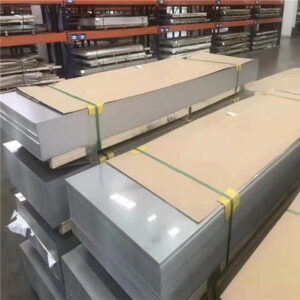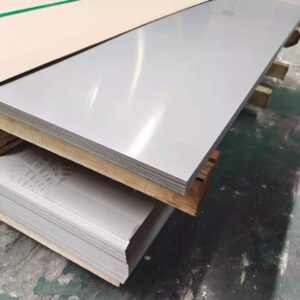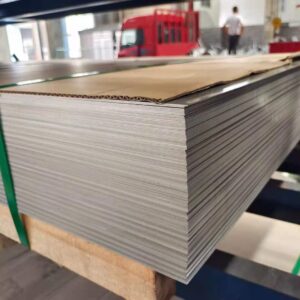Description
2205 / 1.4462 Duplex Stainless Steel Sheet
What is 2205 Duplex stainless steel?
1. Duplex stainless steel 2205 alloy is composed of 21% chromium, 2.5% molybdenum and 4.5% nickel-nitrogen alloy.
2. It has high strength, good impact toughness and good overall and local stress corrosion resistance. The yield strength of 2205 duplex stainless steel is twice that of austenitic stainless steel. This feature enables designers to reduce weight when designing products, giving this alloy a more price advantage than 316 and 317L.
3. This alloy is especially suitable for the temperature range of -50°F/+600°F. For applications beyond this temperature range, this alloy can also be considered, but there are some limitations, especially when applied to welded structures.
What is Duplex stainless steel?
Duplex Stainless Steel refers to stainless steel with ferrite and austenite each accounting for about 50%. Generally, the content of less phases needs to reach at least 30%. In the case of low C content, the Cr content is 18% to 28%, and the Ni content is 3% to 10%. Some steels also contain alloying elements such as Mo, Cu, Nb, Ti, and N.
This type of steel has the characteristics of austenitic and ferritic stainless steel. Compared with ferrite, it has higher plasticity and toughness, no room temperature brittleness, and significantly improved intergranular corrosion resistance and welding performance, while still maintaining iron The 475℃ brittleness, high thermal conductivity, and superplasticity of element stainless steel. Compared with austenitic stainless steel, it has high strength and significantly improved resistance to intergranular corrosion and chloride stress corrosion. Duplex stainless steel has excellent pitting corrosion resistance and is also a nickel-saving stainless steel.
Equivalent Material of 2205 Stainless Steel Sheet
| Grade | Euronorm | China GB | ASTM/ASME |
| No. | |||
| 2205 | 1.4462 | 00Cr22Ni5Mo3N | 1.4462 X2CrNiMoN 22.5.3 |
Standard Specification Of 2205 Stainless Steel Sheet
| Thickness | 0.3-3.0mm; 3-6mm |
| Width | 1000mm, 1219mm, 1500mm, 1800mm, 2000mm, 2500mm, 3000mm, 3500mm, etc |
| Length | 2000mm, 2440mm, 3000mm, 5800mm, 6000mm, etc |
| Surface | 2B, 2D, BA, NO.4, NO.8, 8K, mirror, checkered, embossed, hair line, sand blast, Brush, etching, etc |
| Finish | Cold rolled sheet (CR), 2B, 2D, BA NO(8), SATIN (Met with Plastic Coated) |
| Form | Coils, Foils, Rolls, Plain Sheet, Shim Sheet, Perforated Sheet, Chequered sheet, Strip, Flats, Blank (Circle), Ring (Flange) etc. |
Composition Content Of 2205 Stainless Steel Sheet
| Grade | C | Mn | Si | P | S | Cr | Mo | Ni | N | |
| 2205 | Min. Max. |
0.03 | ≤2.00 | ≤1.00 | ≤0.04 | 0.03 | 21.0~24.0 | 2.5~3.5 | 4.5~6.5 | 0.08~0.2 |
Corrosion behavior of 2205 duplex stainless steel
The corrosion behavior of 2205 duplex stainless steel was compared with that of AISI type 316L stainless steel. 2205 stainless steel is a potential orthodontic bracket material with low nickel content (4 to 6 wt%), while 316L stainless steel (nickel content: 10 to 14 wt%) is the currently used bracket material.
Our research results show that (1) 2205 stainless steel has better corrosion resistance than 316L stainless steel; (2) when 2205 is used in conjunction with a material with poor corrosion resistance (316L stainless steel), 2205 stainless steel shows reduced corrosion; ( 3) When the anode/cathode ratio of the exposed surface area is less than 1 and 2205 is different from 316L and will not suffer from crevice corrosion, this tendency will decrease.
From the perspective of corrosion resistance, when the arch wire material is stainless steel or titanium, it seems reasonable to use 2205 as the orthodontic bracket material. Using this alloy can reduce the amount of corrosion products that patients are exposed to, thereby minimizing nickel allergies that may be associated with orthodontic treatment.
Corrosion Resistance
General Corrosion
Because of its high chromium (22%), molybdenum (3%), and nitrogen (0.18%) contents, the corrosion resistance properties of 2205 duplex stainless steel plate are superior to that of 316L or 317L in most environments.
Localized Corrosion Resistance
The chromium, molybdenum, and nitrogen in 2205 duplex stainless steel plate also provide excellent resistance to pitting and crevice corrosion even in very oxidizing and acidic solutions.
Isocorrosion Curves 4 mpy (0.1 mm/yr), in sulfuric acid solution containing 2000 ppm
Stress Corrosion Resistance
The duplex microstructure is known to improve the stress corrosion cracking resistance of stainless steels.
Chloride stress corrosion cracking of austenitic stainless steels can occur when the necessary conditions of temperature, tensile stress, oxygen, and chlorides are present. Since these conditions are not easily controlled, stress corrosion cracking has often been a barrier to utilizing 304L, 316L, or 317L.
Corrosion Fatigue Resistence
Alloy 2205 duplex stainless steel plate combines high strength and high corrosion resistance to produce high corrosion fatigue strength. Applications in which processing equipment is subject to both an aggresively corrosive enviroment and to cycle loading can benefit from the properties of 2205 duplex stainless steel plate.
Critical Pitting Temperature in 1M NaCl Measured using the Outokumpu Stainless, Inc Pitting Cell
Critical Crevice Corrosion Temperature (CCT) in 10% FeCl3•6H2O
Contact Us Now!
If you need product information or price, please fill in your contact information in the form below, we will usually contact you within 12 hours. You could also email me info@sinosteel.ltd to get prompt reply.
